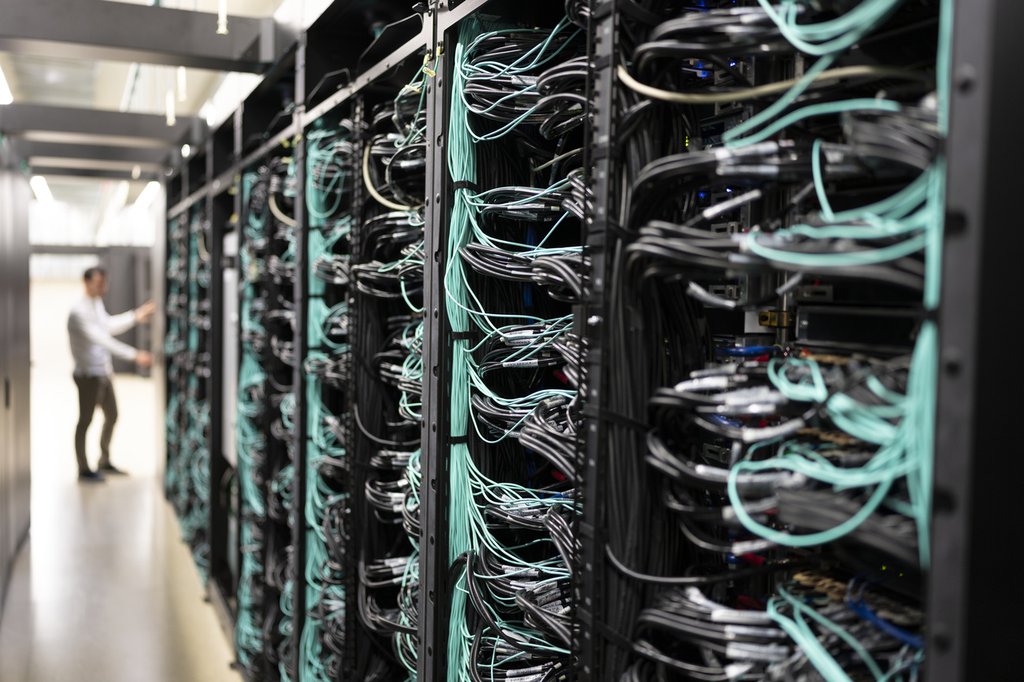Artificial intelligence consumes a lot of electricity. What if AI data centres move to countries where the price of electricity is lower - because of a lower CO2 price? On behalf of the German Federal Environment Agency, INFRAS has made a first assessment of the global potential of such carbon leakage.

If a company relocates its activities to another country because of a lower CO2 price, this is referred to as carbon leakage. Because the location of an AI data centre is fundamentally flexible, there is also potential for carbon leakage in data centre investments or operation, as CO2 prices can make the electricity consumption of data centres more expensive.
For the German Federal Environment Agency (UBA), INFRAS, together with the Roegen Centre for Sustainability and the Hertie School Berlin has analysed this potential. The study provides an initial assessment of the topic. Among other things, it estimates the current and future power requirements of AI and assesses the technical feasibility and plausibility of relocating computing capacity.
The availability of free computing capacity and other policy and economic factors drive localization
The study concludes that the risk of carbon leakage is likely to be limited for the time being. One important reason is the scarcity of computing capacity and high demand for more AI applications: A strategic relocation of large computing activities is rather unlikely in the current growth phase. Other, non-climate policy factors also play a role: regulatory requirements for data centres and AI applications or corporate strategies.
Speed of expansion of renewables is important
In addition, the impact of CO2 pricing on electricity costs is limited - especially in comparison to general electricity price differences, such as between the USA and Europe. As electricity from renewable energy sources will increase in the future, this effect is likely to weaken even further.
However, there are uncertainties: if the expansion of renewable energies slows down - for example due to the second Trump administration in the USA - an increase in carbon leakage is conceivable. In addition, the growth of data centres could slow down the decarbonisation of other sectors such as transport and industry because they are competing for renewable electricity.
The initial assessment of the topic shows that the likelihood of carbon leakage in AI data centres is currently limited. «However, the US elections in autumn 2024 in particular show that the political conditions for the expansion of renewable energy can change again quickly,» says INFRAS project manager Nicolas Schmid. «For the climate-friendly development of AI, it is crucial that the electricity comes from renewable sources.»
The study identifies numerous open questions and a need for further research. The report therefore also formulates a research agenda for further analyses and makes policy recommendations to reduce potential carbon leakage risks.
Further information:
- Final report
- UBA: Carbon Leakage (in German)
Further INFRAS projects on the topic of digitalisation and climate:
- Developments and trends: Can digitalisation accelerate climate protection?
- Blockchain enables verifiable data for climate protection projects
INFRAS is involved in the Digital Climate Innovation Initiative (formerly the Climate Ledger Initiative). It is looking for innovative, digital solutions for climate protection and thus combines the topics of digitalisation and climate.



